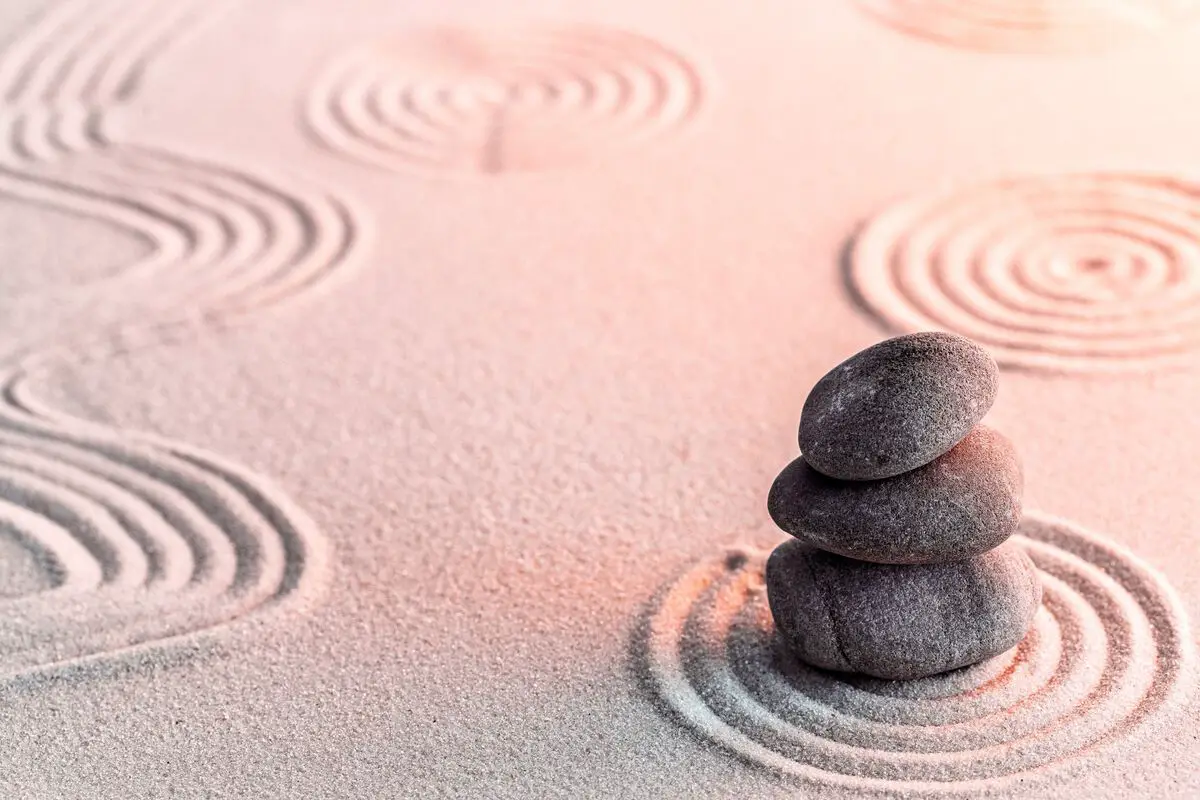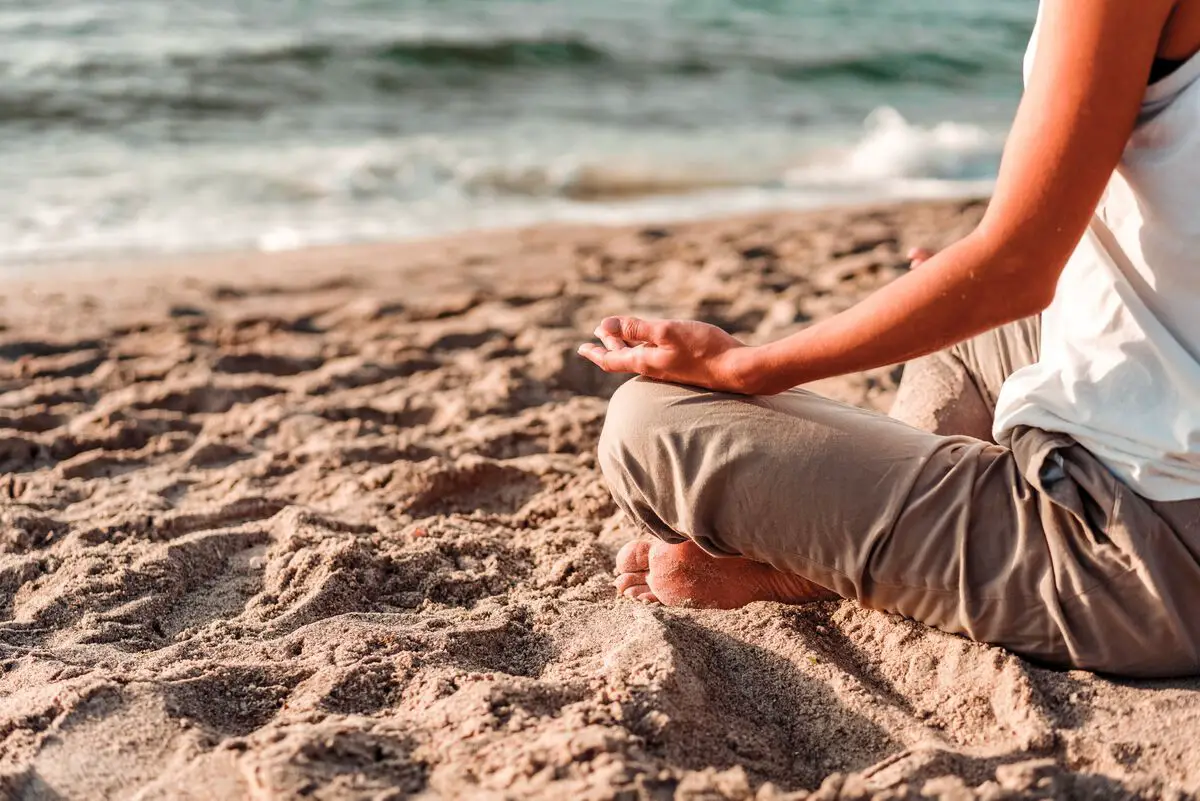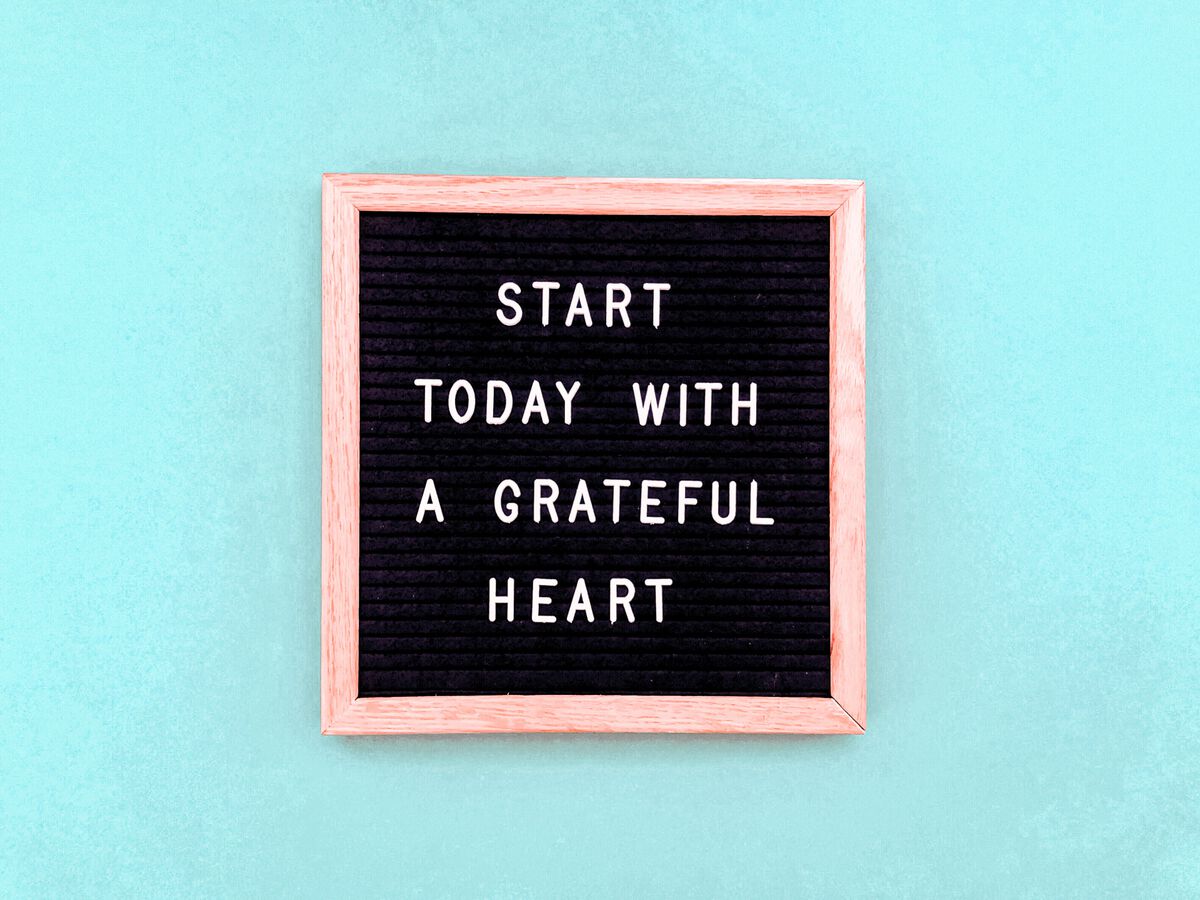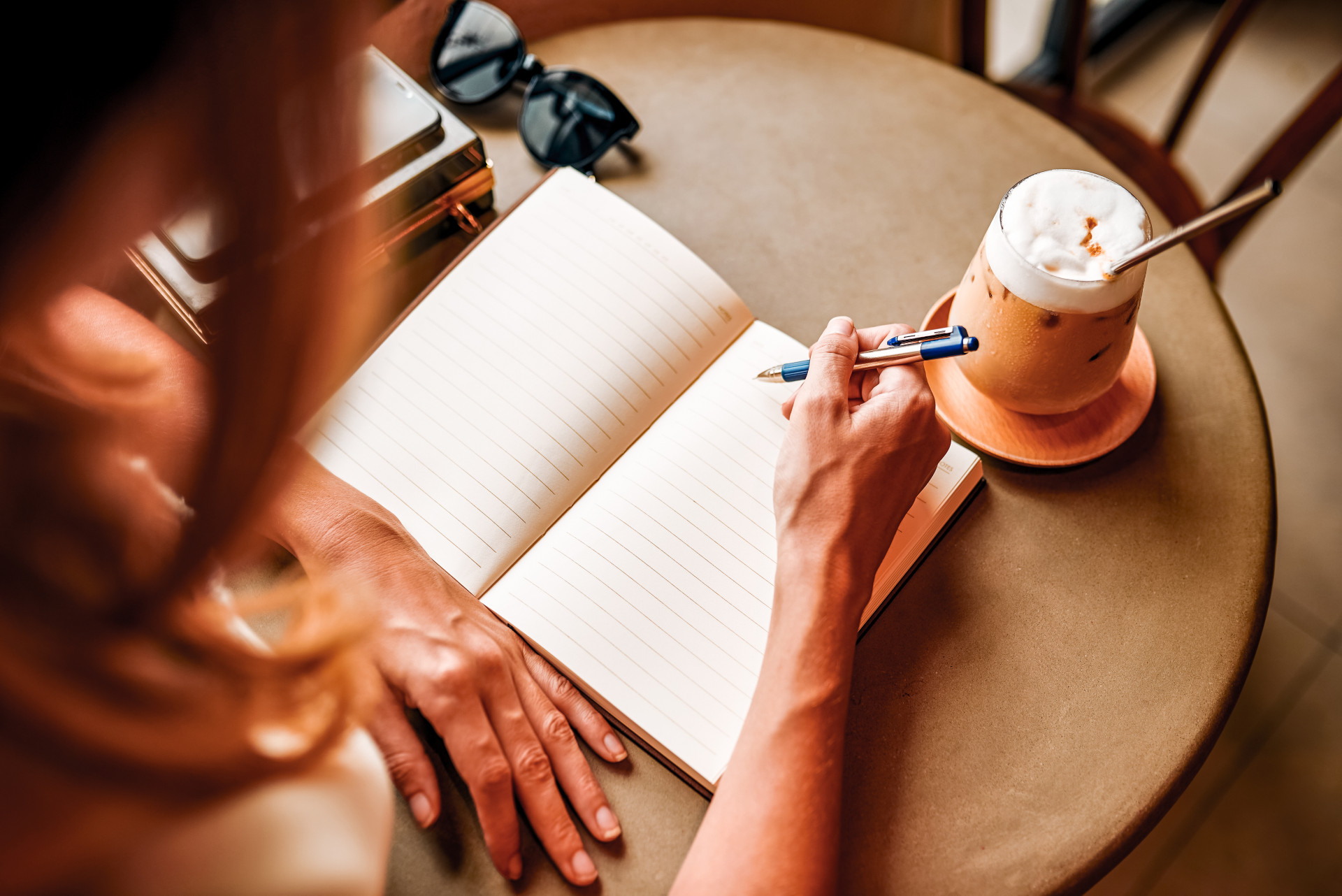Last Updated on January 3, 2025 by gregor
Many who have turned to the power of ritual and have created a habit out of well-being through exercises of self-awareness and meditation report a higher level of personal satisfaction and happiness. In fact, the rituals of the most successful people of our age are well documented and studied in order to create a better sense of what sets them apart from the rest of us.
Most importantly, the goal is to understand what sets them up for success and what can we add to our lives for the benefit of enrichment, fulfillment, and personal growth.
The article does not mean to explore the habits of the rich and famous, although several of the habits we are about to present do show up in many daily rituals of famous or wealthy persons.
Here are our top Six daily rituals to increase your well-being and self-awareness in 2025.
Setting intentions
An intention is an affirmation, usually written in positive language – meaning negations are excluded from the formulation of the sentence, with the intention to set oneself up for positive thoughts and successful actions. It can be as simple as a set of affirmations uttered out loud in front of the mirror, it can be a list of things that you expect to accomplish that day, or simply a few minutes in which you visualize how you wish the day to unfold. The most salient aspect is to do this in the morning.
An additional activity to consider doing in the morning is something we have borrowed from our favorite therapist, Marisa Peer, and that is – to do what you don’t like the first thing or perform the difficult task to get it out of the way. Once accomplished, everything else will seem easier to tackle, you will feel better about yourself and you can create a sort of dragon-slaying narrative in your mind that will help you overcome obstacles and challenges easier. For example, if you must call difficult clients or do any other task at work you profoundly dislike, do it first thing when you start your workday. Just remember to set your intentions for the day as a sort of to-do list, thus selecting priorities you want or are able to manage on a given day.
What about a day off? Even better, this exercise will highlight what is important to you at a given moment. As mentioned in our article on goal setting, adding purpose to our actions enables us to make use of our time more wisely, meaning gearing it towards those activities that are meaningful or contribute to our well-being. This means adding in activities for relaxation, hobbies, meditation, meetings – whatever you want to see unfolding during the day and how. To better set your intentions you can use visualization or script a certain outcome for yourself, for example, to remain calm through a difficult negotiation, to exit the store with the desired purchase, to have a deep conversation with a friend, to dedicate yourself to a creative project and just bounce around ideas. Remember that you are in charge of how your day goes and it can be as simple as taking five minutes to set affirmative intentions for it.
Top tip: we have learned that this ritual is most efficient when the intentions are set with positive affirmations in the present tense, while accompanied by a happy or harmonious inner state.
Mindfulness and meditation
Mindfulness refers to the act of being present, cultivating awareness by taking stock of our surroundings, emotions, state of mind, words, and actions. It is all about being engaged with oneself fully. Actually, we are all hardwired for it, but we are used to performing so many things routinely, we usually go about our daily life on autopilot and as such only particularly different events that break from the dreary pattern stand out to become cherished memories. But what if you can turn the act of enjoying an apple into an experience? What if a walk through the park marks the beginning of a turning point in your life? This is exactly what mindfulness promises – to enjoy the small things and to become aware of your emotions and states, deepening your sense of self-awareness and self-knowledge. Read this article before you get started.
We can also recommend you a simple exercise.
Begin simply by taking a few minutes for yourself and start breathing deeply and slowly, with your eyes closed. Where does the breath go, does it flow well or does it linger anywhere? Where do your thoughts wander to? Is there any pain or discomfort? What sensations stand out? Which sensorial channels do you connect most with (taste, smell, touch)? This exercise can be expanded when you do anything, such as gardening, cooking, yoga, and walking. It is entirely up to you how you wish to cultivate presence and ground yourself in a moment.
Meditation is mindfulness taken to a place of exploration when you release yourself from self-limiting beliefs and start engaging with your thoughts and emotions. Contrary to myth, meditation is not about letting your mind go blank, but rather expanding it. Again, you get to choose how much time you wish to spend on this ritual and if you are unsure where to start, you can always find brief guided meditations or meditation music. A relevant element of meditation is to enter a state of relaxation, so that you may let go of daily worries and connect yourself to a different state of consciousness.
Top tip: take your time, Rome was not built in a day and neither will your habits. Don’t commit to doing one hour of mindfulness and meditation every time for twenty-one days. Instead, program your mind to do a little bit every day. Start small, with five minutes at a time, and declare those minutes your personal haven, in which you become unavailable to perturbances of any kind. When you feel ready, add an additional minute. This would also help if you are experiencing a stressful episode, anxiety, or just a general sense of negativity and pessimism – when all seems to come crashing down, take a few moments to yourself and reconnect with your breath and your inner world.
Gratitude
Many ex-pats have been telling us about this one Viennese habit – complaining. The U-Bahn was stuck for ten minutes between two stations, and the politicians decided on something aggravating to half of the population, the weather is too cold or too hot, the waiter took the order too late, and the café did not have free seats. Virtually anything is a reason to complain and many get the sense that in one of the most liveable cities in the world, things are not as well-rounded as they look on paper. Complaining, unfortunately, fuels a state of discontent and negativity, making us often oblivious to the good things in our lives. The practice of gratitude is the perfect antidote to the culture of complaining. In fact, the more people you have complaining around you, the more you should consider prioritizing this exercise.
Ready? It’s very simple. Take a few minutes every evening to write down the things you are grateful for. In the beginning, challenge yourself to find at least new five different things every evening that was grateful for on that day. This exercise can even help improve the interaction with people around you – start by thanking them every time they respond to a question, they hand you something or do something for you, whether it’s a family member, co-worker, or even a stranger. On a more advanced level, you can even thank those closest to you for being themselves and being part of your life (as long as it’s sincere).
In the beginning, challenge yourself to find at least new five different things every evening that was grateful for on that day
Try this exercise for at least three weeks and let us know what changed in your life. How did it help shift your perspective?
Journaling
Rapidly becoming one of the most important rituals of our times, journaling is an excellent tool for organizing your thoughts and self-expression. It can serve as an auto-biographic tool, where you record your most relevant thoughts, insights, breakthroughs, lessons learned, and emotional shifts. Many people tell us they want to get started on journaling, but don’t know where to begin, thus continuing to put it off. Let us take this opportunity to remind you that it does not need to be anything elaborate unless you are a writer who is looking to publish your diaries, in which case these tips might feel novice.
Journaling means adding a narrative, telling yourself a story
You can use any notebook you like, any size you want, and you can use the same one to write your intentions and gratitude lists. Or you can create a document on your computer (or laptop, or tablet) where you can start writing your affirmations, lists, practices, and so on. Journaling means adding a narrative and telling yourself a story. It can be based on that thought that has been nagging you all day, the gut feeling that saved you from an accident in traffic, the fun chat you had with a stranger, and those undefinable emotions as of late. Start by writing down those thoughts that preoccupy you the most and you will see the story unfolding from there. Journaling can also help you acknowledge important life lessons, mental breakthroughs, and growth. If you keep going long enough, you can see complete personality shifts if you go back to the document in a few months or years’ time. Ideally, you should do it every day, even if it is to write down a mundane sentence, just so you create the habit of releasing your thoughts and emotions on a blank piece of paper, instead of bottling up whatever upsets you. This is also a great tool if you are a creative person, as you can feel free to jot down your ideas and even doodle in your journal. We promise you, this is a great practice with numerous benefits.
Unwinding practice
Or in layman’s terms, relaxation. In a world that is so productivity-driven, it is important to learn how to relax. Any of the rituals we discuss here can be added to your relaxation practice, but you can add your own on top of them. Start by answering the question: how much time do you need for yourself? To be with yourself, to hear yourself think, to grant yourself a sanctuary of retreat from the madding crowd, metaphorically speaking.
Some of my friends wake up at least half an hour earlier ahead of the rest of the family to have their coffee in peace and plan their day. A former co-worker mentioned she drank lavender tea when she got home from work. Others take baths at the end of the day or delight in aromatherapy sessions. Others read before bedtime to unwind. Netflix and chill used to be a relaxation date with yourself. So, anything you need in order to find a sense of peace and balance, add it to your daily relaxation practice, especially if this is a ritual to mark the end of the workday – here, you may also consider following through on the promise to leave the emails and work calls for the second day.
The unwinding practice is all about prioritizing yourself and your mental wellbeing.
Reading
Knowledge is to the mind what nutrition is to the body – if done in a healthy and balanced matter, anyone can flourish. Reading has been known to cultivate the mind by aiding memory, enriching vocabulary, and expanding on the general knowledge a person possesses. It is important to also consider the material one reads every day. As tempting as it would be to read escapist fiction on a loop, especially with the convenience of e-books and interminable series, it is salient to consider the quality of the content. Fiction is a good place to start if reading was never your favorite pastime, but seasoned readers may derive more satisfaction from engaging with other fields other than fiction. At the moment, various types of self-help and pop psychology books are popular for good reasons; they are written in an accessible language, they engage the audience with various exercises and questions, and challenge the mind beyond its known borders.
Knowledge is to the mind what nutrition is to the body
Speed Reading
Now, there is reading and then there is speed reading. This is a technique that is advertised in various infomercials all over the web and it is even being touted as a millionaire secret. While we can neither attest nor infirm this claim, we can recommend it as an interesting technique – which is actually the total sum of a set of practices that can be performed by those who need to read a great deal of material within a short span of time. What we have learned is not how many words you can cram in a minute, but how to capture the essence of text you read in the most efficient manner. It is about gaining as much knowledge as you can from books in a short period of time, especially when you feel there are not too many hours in the day to spare for books.
Here are some tips that will actually get you reading more books and gaining those valuable insights that will enable you to expand beyond your current knowledge:
- Be goal-oriented. What is that you wish to benefit from this practice? There is nothing casual about speed reading, so it would be best to consider this if you are studying in a very specific field, for an important professional certification, for your own business, or for personal development. This would narrow the field of interest, thereby reducing the unnecessary reading materials and also separating it from the way you relate to books that are part of your relaxation practice.
- Create a list. Read blogs specialized in your topic of interest(s) and set up your list, check which bookstores and libraries carry copies or where it is available as an e-book – take this opportunity to check for giveaways or sales on the respective book. Knowledge need not come with a lofty price tag.
- Be selective. You can read that popular book everyone is into at the moment, but will it benefit you personally, or will it further your goals? Also, drop any book you dislike or don’t resonate with, this is why you have a list, to look for the author that best handles the topic of interest in a manner that engages you personally.
- Take notes. Keep a notebook handy if you wish to write down the main or the most inspirational ideas at the end of your reading session, this way you don’t need to return to the book, but read the key takeaways from the notebook.
- Skip through the fluff. Take a few minutes to check the table of contents and the introduction; many tend to make interesting points in the introduction that are endlessly delved into or repeated throughout the book. If you got what you needed from the few chapters you read, don’t feel obligated to finish that book.
Bonus tip
No list of positive uplifting rituals would be complete without a complementary list of habits to leave behind in order to create a beneficial substitution, that would in turn yield the greatest sense of accomplishment and fulfillment. Since we don’t want you to feel like you have to give up on anything, we will frame everything as a swap or alternative, which you can consider if it’s for you.
With that said, here is a set of healthy substitutions that can help you along the way:
- Substitute the social media before bed with gratitude lists
- Substitute an hour of Netflix with an hour of reading
- Supplant the urge for negative comments on social media with journaling
- Swap the flimsy fiction for the classics, swap the fiction for non-fiction
- Swap the unhealthy snacks for fruits and unsalted nuts
- Get up and move around the house or do small bits of housework every hour
- …
We hope our suggestions have inspired our readers to consider making some changes to their daily routines. One final tip before you go: send the excuses on their merry way, just pick at least one ritual to commit to for your betterment, or for your wellbeing, or just to have those moments to yourself, then just do it – a little bit every day, until it becomes second nature. Let us know in the comments if you’ve been performing any of these daily rituals and how they have contributed to your life. We look forward to reading what ritual you plan to take up and we would like to wish our readers the best of luck in accomplishing their goals!
Addendum:
Positive Affirmations. Please read the wonderful article about how positive Affirmations Work and how they can inspire Change: 44 Positive Affirmations to Inspire Change (Click)
For further reading see also the following Blog Post:
Ultimate Tips and Tricks to Set Resolutions and Goals in 2022 and Stick to Them





